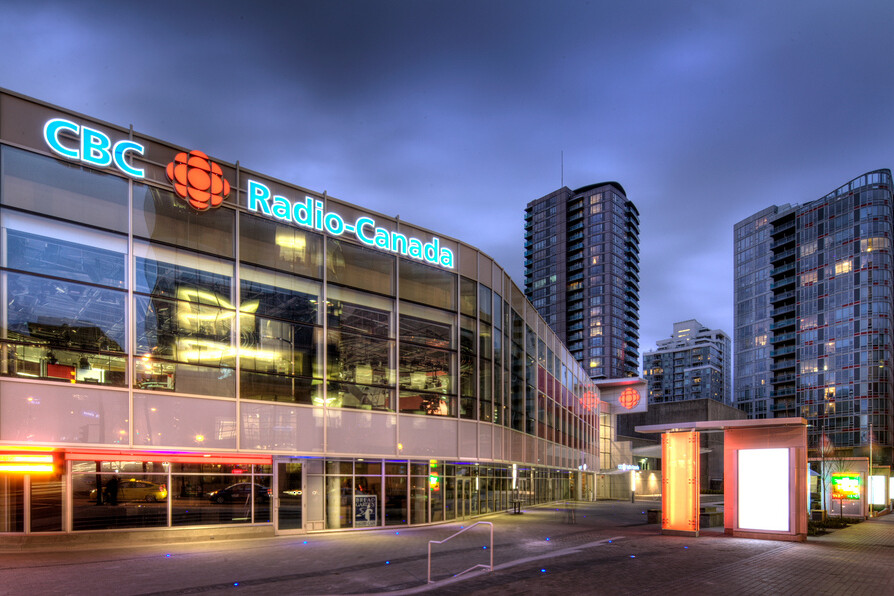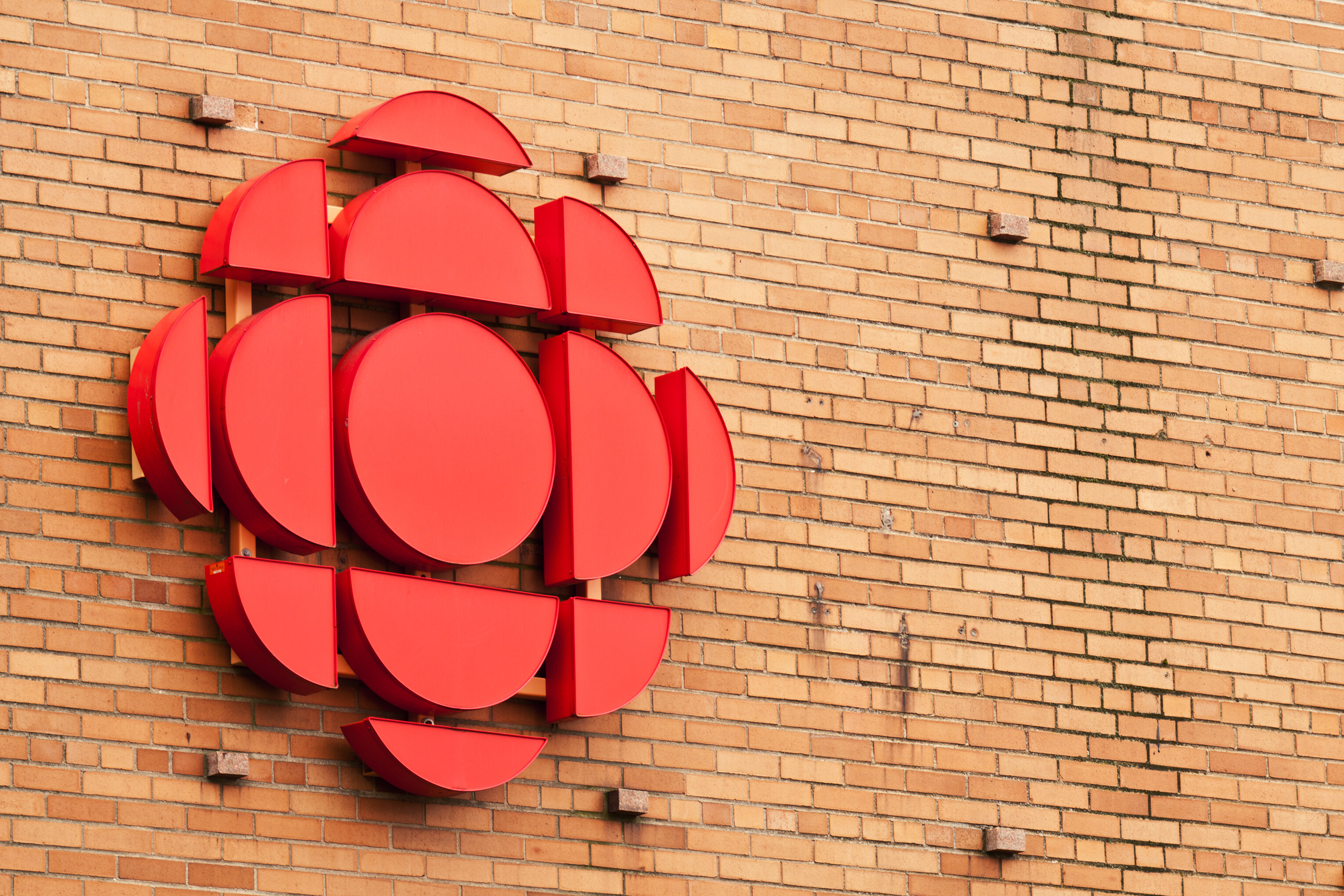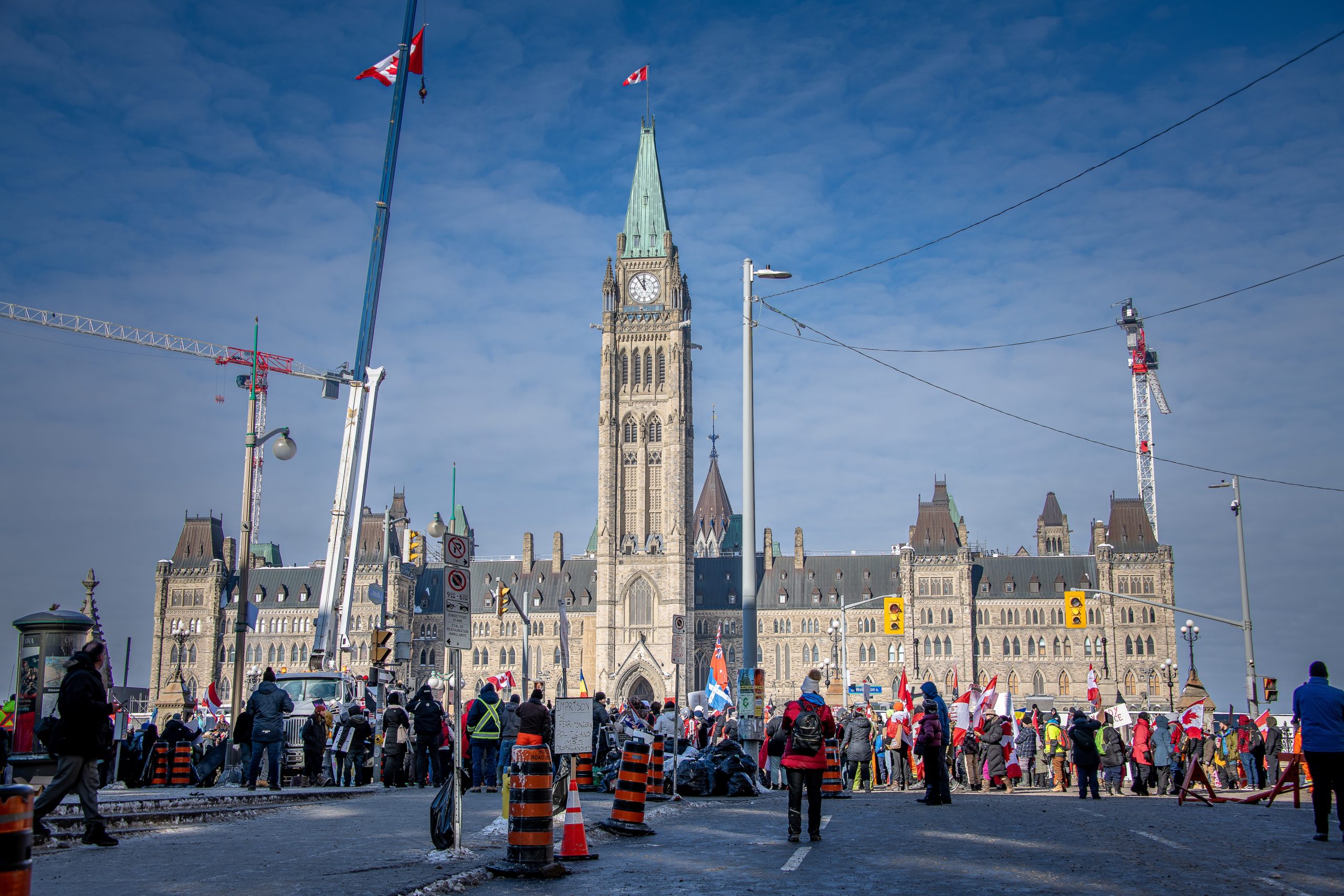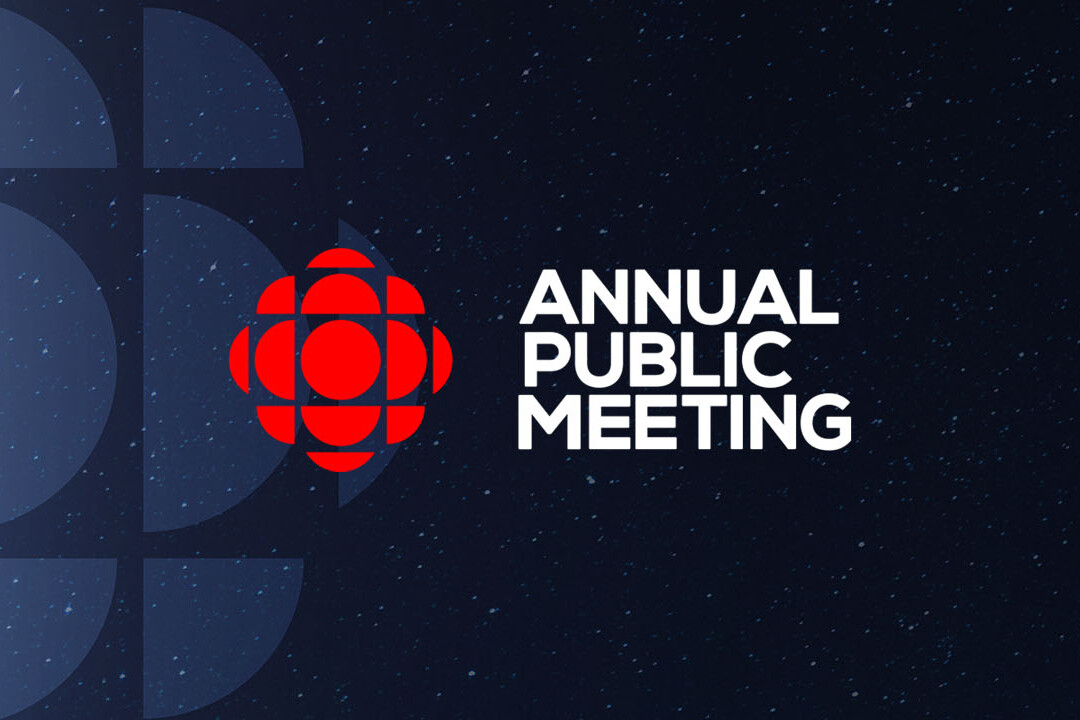SPEECH
Canada: Trust, Democracy and the Public Broadcaster
19th January 2023
The President of CBC/Radio-Canada reflects on how the public broadcaster strives to retain the trust of its audience through three factors: ability, affinity and authenticity.

“Trust seems to be in short supply”, said the President and CEO of CBC/Radio-Canada, Catherine Tait, in a speech at the Simon Fraser University of Vancouver. Public media organisations rely and thrive on trust, but studies showed trust in media overall is waning.
“Three years ago, 71% of Canadians said they trusted traditional media. Today, barely half say they do. The good news is that more than 75% of Canadians still consider their public broadcaster a source of trusted news. We work hard every day to sustain and safeguard that trust. To show Canadians why they can trust us.”
But demonstrating to Canadians why they should trust CBC/Radio-Canada remains is one of the biggest challenges. Ms. Tait cites three factors which are imperative to doing this: ability, affinity and authenticity. So what does this mean when it comes to public broadcasting?
Public service media has a mandate based on being accessible, trusted, and good value. It is part of its modus operandi, and is critical for a functioning democracy. “In this increasingly volatile environment, I believe that public broadcasting and rigorous credible journalism have never been so important… for the country’s democracy, for an open society.”
On January 17, Catherine Tait, President and CEO of CBC/Radio-Canada, delivered a speech at Simon Fraser University in Vancouver discussing their efforts to strengthen trust in public institutions and how public broadcasting is a crucial part of a healthy democracy.
Good morning. What a year 2022 was — not to mention the unprecedented 2020 and 2021.
I am delighted to be here in Vancouver, and thank you to our colleagues at UBC and Simon Fraser University for helping us organize this event.
It’s a pleasure to see you all in person, and a special welcome to Professor Kathryn Gretsiger and her students from the UBC School of Journalism, Writing and Media. I know this is an assignment for you, but hopefully an interesting one. Welcome also to Mr. Gino LeBlanc and Mrs. Anne Marie Gagné from the Office of Francophone and Francophile Affairs. We are delighted to have you with us.
I wanted to kick off 2023 with this important conversation about trust and democracy.
Read more: Cilla Benkö: The fight for democracy and free speech is a life and death struggle
Trust seems to be in short supply these days. Polarization and disinformation are ascendant. We all know someone who has succumbed to conspiracy theories or who has gone down a YouTube rabbithole….
We don’t spend a lot of time thinking about trust in our day-to-day lives. Yet it is vital. You trust your friends and family. Hopefully you trust your doctor, your neighbours, your colleagues.
This trust is what lets us live our lives without fear. We trust that other drivers won’t run red lights; we trust that our kids are in good hands when they’re at school.
Just as we cannot function without trust in others, our society can’t function if Canadians don’t trust the institutions around them.
Yet trust is on a decline. Three years ago, 71% of Canadians said they trusted traditional media. Today, barely half say they do.
The good news is that more than 75% of Canadians still consider their public broadcaster a source of trusted news. We work hard every day to sustain and safeguard that trust. To show Canadians why they can trust us.
The Gustavson School of Business at the University of Victoria has developed a really useful way to look at three factors that drive trust: ability, affinity and authenticity.
In a time of distrust and polarization, the public broadcaster is the only cultural institution that can speak to all Canadians, and that supports social cohesion in English and French in every corner of the country.
Ability is simply whether consumers or audiences believe a brand or an organization does what it is meant to do. So for a public broadcaster — are we providing reliable news and information and uniquely Canadian programming… in both official languages?
On the news side, our Journalistic Standards and Practices ensure we maintain accuracy, integrity, balance, impartiality and fairness in our journalism. Those standards are public. We are the only Canadian news organization with independent ombudsmen who investigate complaints about our news and publish their findings for all Canadians to see.
Gustavson’s second trust factor is affinity, how a person feels about their relationship with an organization. In the case of CBC/Radio-Canada, how are we serving Canadians? Do we reflect their interests and perspectives?
One of the most important ways we build affinity is by strengthening our local connections, where we can build real relationships with people and serve their needs. Last year here in BC, we ran pop-up bureaus to connect with Chinese and South Asian audiences. This fall, we launched new bureaus in Nanaimo and in Cranbrook.
Radio-Canada journalists are using digital technology to go deeper in their coverage of essential topics like the environment. They are bringing us stories of engaged citizens from every corner of the province, from Smithers to Russell Island.
We’re also doing more reporting from and for Indigenous communities, through CBC North, CBC Indigenous, ICI Grand Nord and Espaces Autochtones. And we’re developing our first Indigenous strategy with input from First Nations, Métis and Inuit, to serve them better.
In our entertainment programming, we focus on reflecting the stories about the unique experiences of life in this country. I think of SkyMed, a series about first responders in remote northern Manitoba; Son of a Critch, a coming-of-age story in Newfoundland from none other than Mark Critch; Bollywed, a new, fabulously fun series about the Singh family and their incredible wedding shop in Toronto; and Pour toi Flora, a moving account of the Residential Schools, told in French and Anishinaabemowin, which recently won Best MiniSeries at Content London. These are truly Canadian stories that could only be made in Canada.
The third element of trust is authenticity — and it’s also the most important. An organization is seen as authentic when it is perceived to act in ways that align with its stated values.
If a company fails to deliver on a commitment — such as Volkswagen did on its emissions promise — it loses trust. And earning back trust is a longer road than winning it.
At CBC/Radio-Canada, our primary value is the public interest, and it guides everything we do. That includes our commitment to the environment, privacy, equity, diversity and inclusion, accessibility and, of course, credible impartial news. Canadians care about these things. So do we.
And, in a time of distrust and polarization, the public broadcaster is the only cultural institution that can speak to all Canadians, and that supports social cohesion in English and French in every corner of the country.
And yet public media is increasingly under attack in Canada and around the world. You have no doubt heard about calls to “defund the CBC.”
Just as we cannot function without trust in others, our society can’t function if Canadians don’t trust the institutions around them.
Criticism is fair and even healthy; we always strive to do better. But when public figures attack journalists for doing their job for example, it creates a new standard for acceptable behaviour, and it gives free rein to others to join in. The result is unpredictable, even dangerous. In some locations in Canada, we’ve had to remove the CBC logo from our vans in order to protect our journalists and our production crews.
How is it imaginable that journalists would be physically attacked in Canada? And yet many of them, especially women and racialized news professionals, are the target of daily online abuse.
In this increasingly volatile environment, I believe that public broadcasting and rigorous credible journalism have never been so important… for the country’s democracy, for an open society.
CBC/Radio-Canada is still the one place where Canadians can discover what they have in common with people who live on the other side of the country. So when B.C. suffers the devastation of floods or fires, all of Canada reaches out with empathy and support. When tragedy or injustice strikes and our journalists bring us the story, we are all affected. That’s what knits us together and strengthens the country.
But it’s not just about the public broadcaster in Canada — it’s about a strong ecosystem of independent news organizations. To that end, I’m delighted to have two important news players based here in B.C. with us today: Linda Soloman Wood and Jeanette Ageson. Along with big thinkers on the issues of disinformation and the pressures on global democracies: Wendy Hui Kyong Chun and Jeremy Kinsman.
Let’s start our panel discussion.
Thank you.
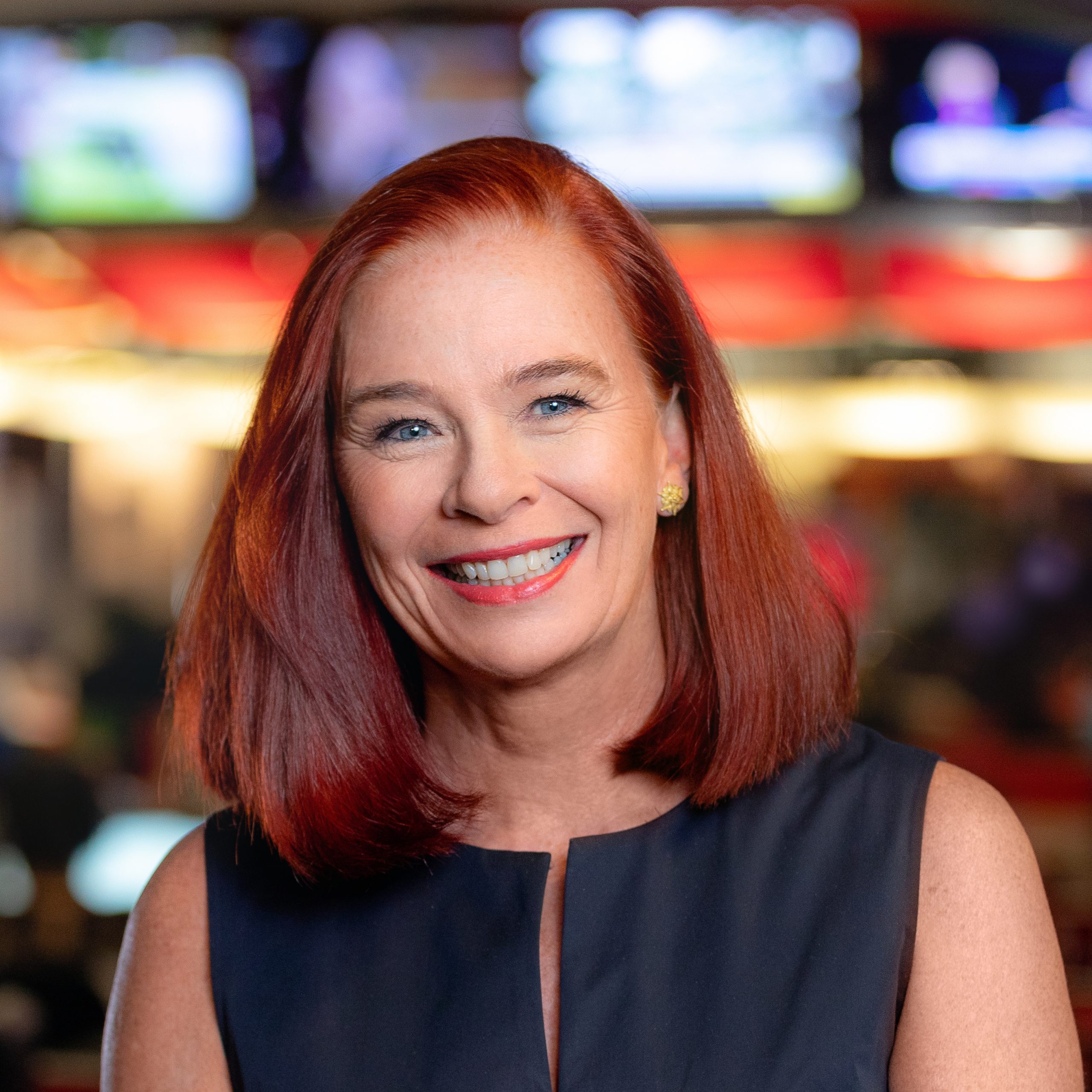
About the author
Catherine Tait is the President & CEO, CBC/Radio-Canada, and Global Task Force Chair. CBC/Radio-Canada is a member of the Public Media Alliance.
It was originally published on CBC/Radio-Canada.
Related Posts
9th February 2022
Canada: PMA condemns harassment of journalists
PMA is deeply troubled by reports of…
18th June 2021
INSIGHT | A year like no other at CBC/Radio-Canada
CBC/Radio-Canada's 2021 annual public…
